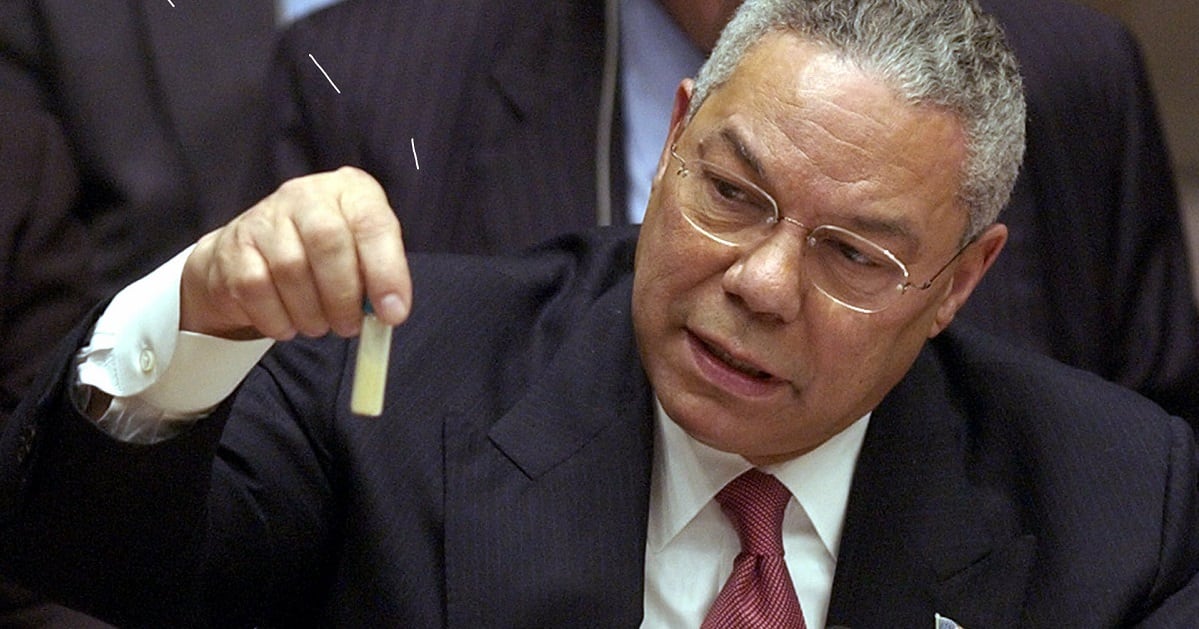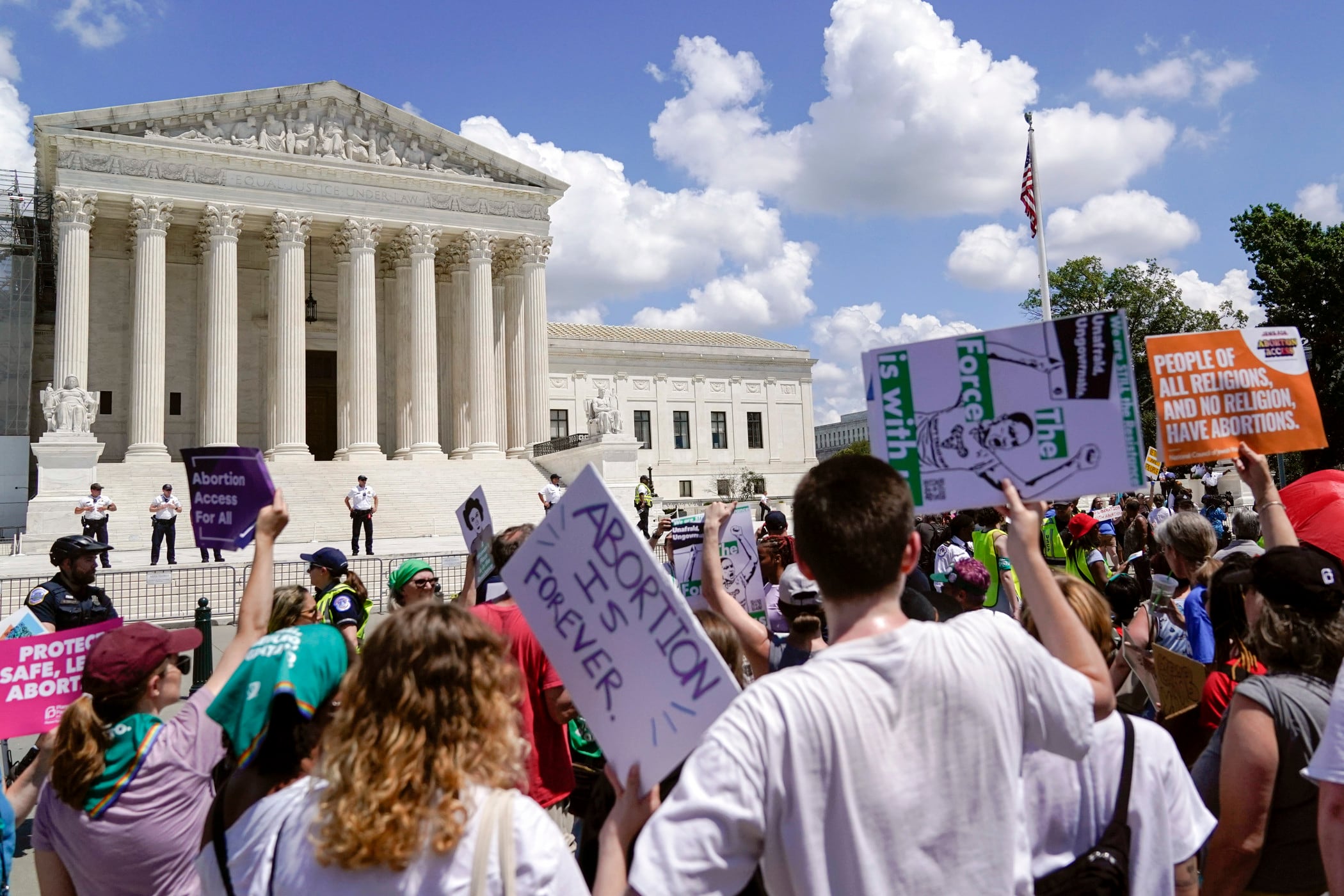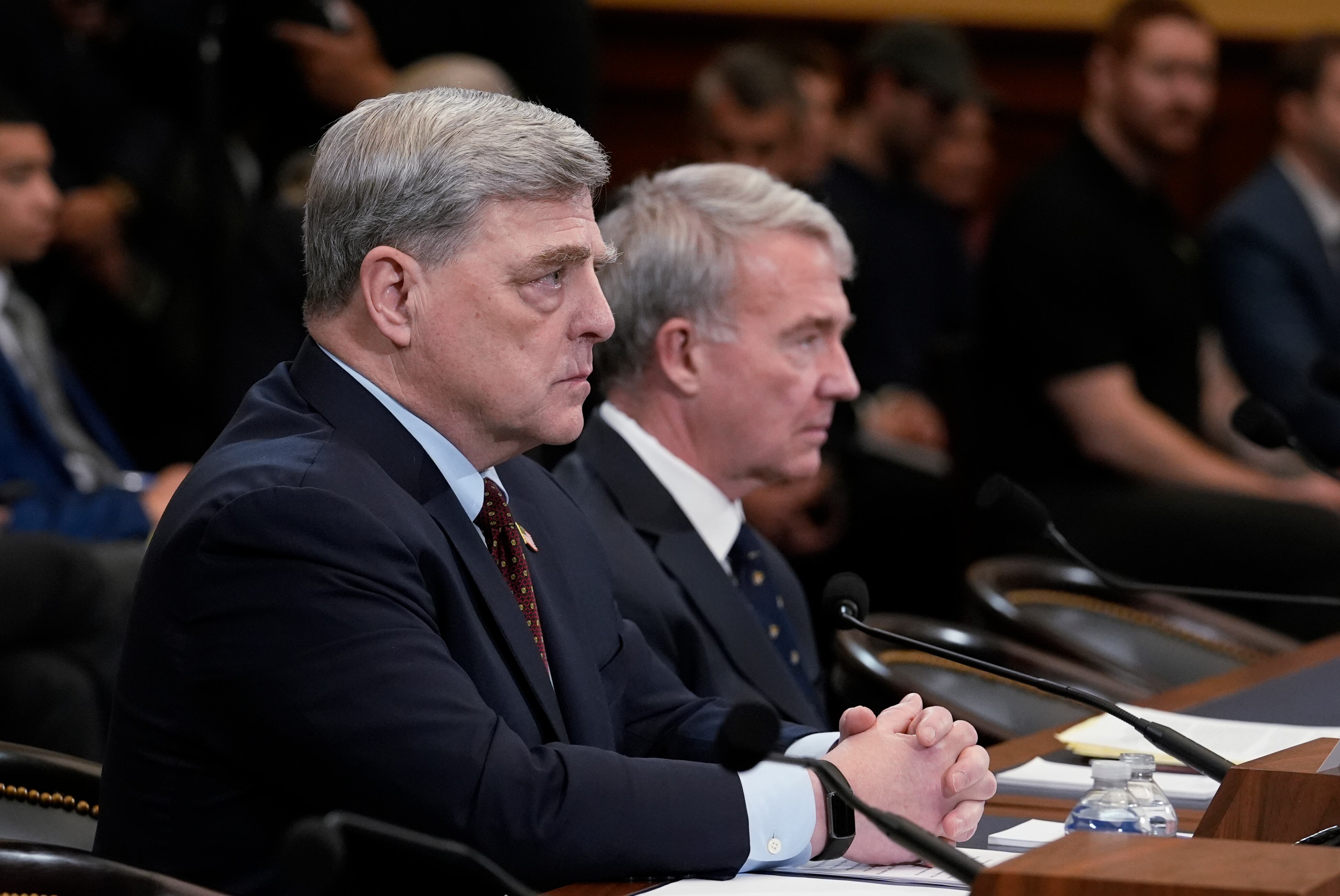I was a Marine Corps lifer who was court-martialed, faced capital punishment, busted down, tossed in the brig, publicly ridiculed and booted out — none of which should have happened — for refusing to take the anthrax vaccine.
Years later, I was exonerated. Today, I am grateful for an upgrade from a bad conduct discharge to fully honorable with rank restored and a freshly minted bronze star on my Good Conduct Medal.
My story is one where justice prevails, and armed forces leaders acted on humility and honor to resurvey past judgments.
I joined the Corps in December 1999 with the dream of becoming a military aviator. Recruited in my hometown of Washington, D.C., I boarded the bus from Baltimore for Parris Island, South Carolina. I arrived as a young 20-something, but one of the “old men” in my platoon as a chronological peer with my drill instructors.
My sense of purpose was evident at Marine Combat Training. With new mosquito wings on my collar, I had the added task of getting a squad of boot Marines through training hoping we would be assigned a squad instructor. We had zero training injuries and I was nominated to a meritorious promotion board from where I was promoted to lance corporal, declared company honor graduate and awarded my first Certificate of Commendation.
RELATED

I then attended the entry-level small computer systems specialist course in Twentynine Palms, California, where I graduated as class honor graduate and earned the 4066 military occupational specialty. I proceeded to the 8th Communication Battalion, Alpha Company.
By opportunity, I served six months with base’s military police company and learned leadership by observation and on the job training. I bested military policemen at their company meritorious board and held a full college course load, graduating with 3.88 GPA, while working 24-hour shifts as the motor pool noncommissioned officer in charge.
At the same time I reported back to my unit, America was attacked, thus beginning the Global War on Terrorism.
My hometown was rocked with domestic bioterrorism and the D.C. sniper attacks as I prepared for a second deployment.
Serving overnight guard duty, I missed a II Marine Expeditionary Force briefing on the anthrax vaccine. A few days later I was confronted with a written order to receive the shot.
I responded, “I acknowledge that this is a written order, but not a lawful or moral one.”
The gravity of what I had just written was not apparent to me, as I believed my command would respect my position.
My rationale for refusal was conflated with the superficial, as I did not have a frame of reference for the historical controversy surrounding anthrax refusal.
I became persona non grata as the officers and senior noncommissioned officers who had spoken favorably now only spoke tersely. Unbeknownst to me the Uniform Code of Military Justice cauldron machine had begun boiling.
The subsequent trial details and denied appeals to Navy-Marine Corps Court of Appeals and Court of Appeals for Armed Forces were public record.
What wasn’t so well publicized was how mistaken we all were. Those who accepted the vaccine, those who refused and those who gave orders were wrongfully deceived.
In late 2002, service members who chose anonymity filed suit against then Defense Secretary Donald Rumsfeld.
They prevailed in federal court, proving that the vaccine’s use was experimental, and the license had never been finalized by the Food and Drug Administration; an argument strangely unavailable to any military detailed council, commanders or appellate reviewers. It was affirmed that the military was not justified to mandate a vaccine that was unapproved, and that did not happen until December 2005.
Even today, when people hear that I was court-martialed for refusing, nearly all of them are in disbelief that our military would respond so primitively. Some say that my exoneration is evidence that a wrong can be corrected without qualification and that I helped punch a hole in the veil placed over the rule of law.
There are others who did the same thing. Some have names I know, but most of them I do not. Among the refusers I know is a post-service ally and friend. His career as a military aviator continued through retirement as a retroactively selected Air Force full bird colonel. He watched many of his comrades get sacked for doing what we both did. His website hoping4justice.org provides the tools to correct military records and under secretary of defense guidance to each of the military service’s correction boards for cases involving errors, injustices or inequities.
The website includes the application to the Board of Correction of Naval Records that led to my restoration and a blank application for my fellow veterans.
I offer my story in the hope that I will not be the last and so the burden for the 1,000 or more similarly punished troops might be lightened as we continue to press for broad based legislatively mandated relief.
Semper Fidelis.
James D. Muhammad was a sergeant in the United States Marine Corps.
This op-ed was written in March 2020 and has been edited for style.
Marine Corps Times welcomes submissions from readers. If you would like to respond, or have an editorial of your own you would like to submit, please contact Marine Corps Times editor Andrea Scott at ascott@militarytimes.com.





